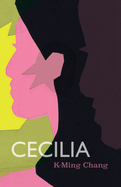RISE Bookselling Conference Opens in Portugal
On Sunday morning, more than 350 booksellers from 28 countries gathered at the Centro Cultural de Belém in Lisbon, Portugal, for the second iteration of the RISE Bookselling Conference. After welcome remarks from European and International Booksellers Federation presidents Fabian Paagman and Jean-Luc Treutenaere, Portuguese author Afonso Cruz gave the morning's keynote talk.
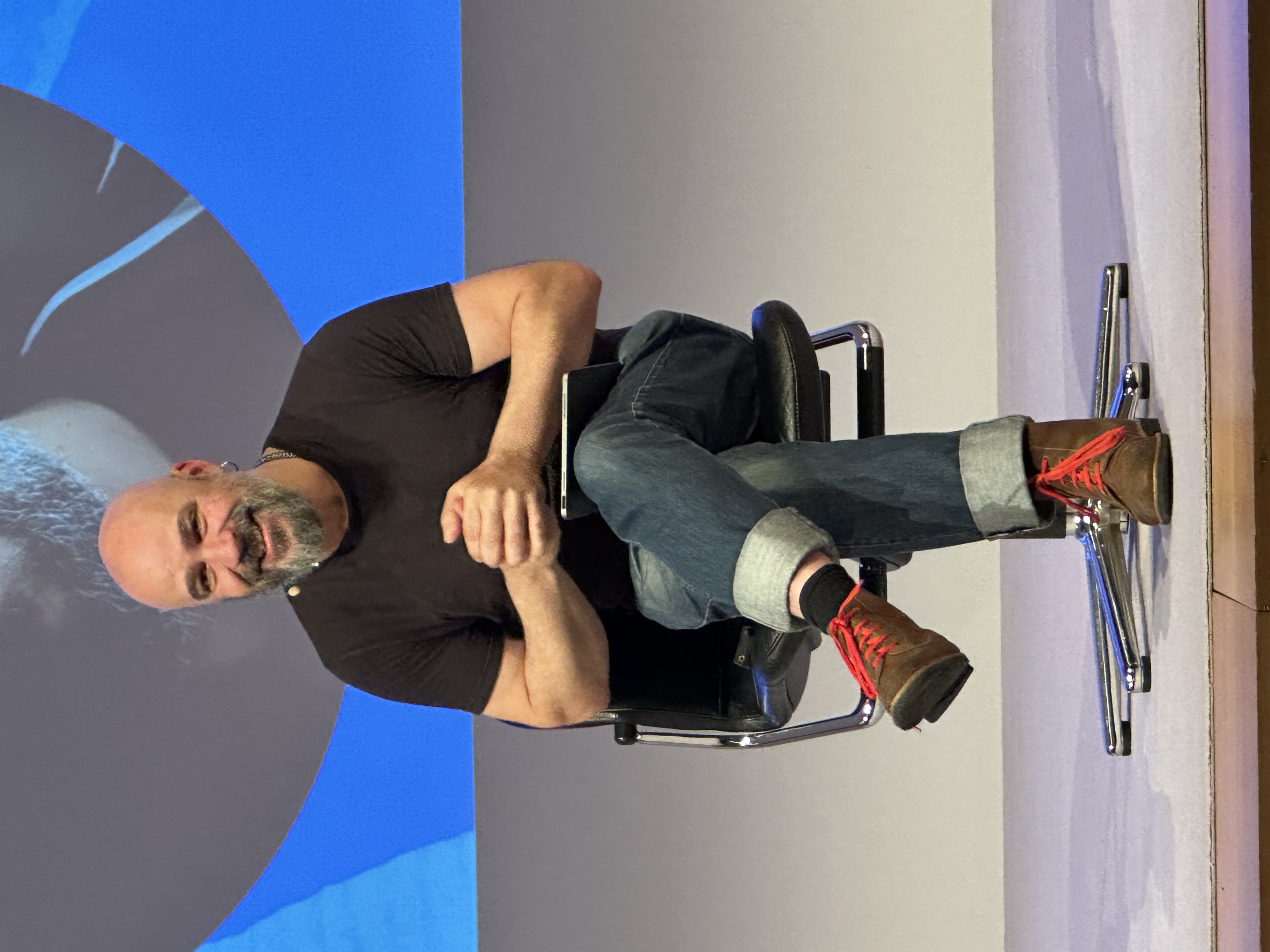 |
|
| Alfonso Cruz | |
A musician, multi-disciplinary artist and the author of more than 30 books, Cruz recalled that when he was working on what became his first book, Encyclopedia of Universal Story, he "wasn't thinking of being a writer." He had a background in animation, and was "just writing" for the sake of it. After the success of Encyclopedia of Universal Story, he went on to write many more titles, for both adults and children.
Some of those he mentioned were The Books That Devoured My Father, about a child reading the books in his father's library after the latter's death; an adult novel called Kokoschka's Doll, named for the life-sized doll that Austrian painter Oskar Kokoschka commissioned after the end of his love affair with Alma Mahler; and a satire of capitalism called Let's Buy a Poet, in which people who are deemed less economically valuable can be purchased as pets.
Cruz explained that many of his books, including some for adults, feature illustrations, and he dislikes the stereotype that books with illustrations are automatically for children. He remarked that these same illustrations, which are supposedly for kids, would be pieces of art if they were simply framed and hung on a wall.
Innovative Ideas in the Bookshop
Among yesterday's panels, one focused on "innovative ideas in the bookshop." Pasi Vainio of Vinhan Kirjakauppa in Ruovesi, "in the middle of nowhere" in Finland, described how his store, founded in 1903, has made itself into a bookseller with connections and customers far beyond its village of 4,000 inhabitants. Besides the bookshop, which is "the core of the business," there is an art gallery, a book cafe and bar, an upstairs floor with bedrooms that is a b&b in the summer and a retreat for authors, artists, and musicians in the winter, a laundromat in the basement, and something most bookstores don't have: a sauna.
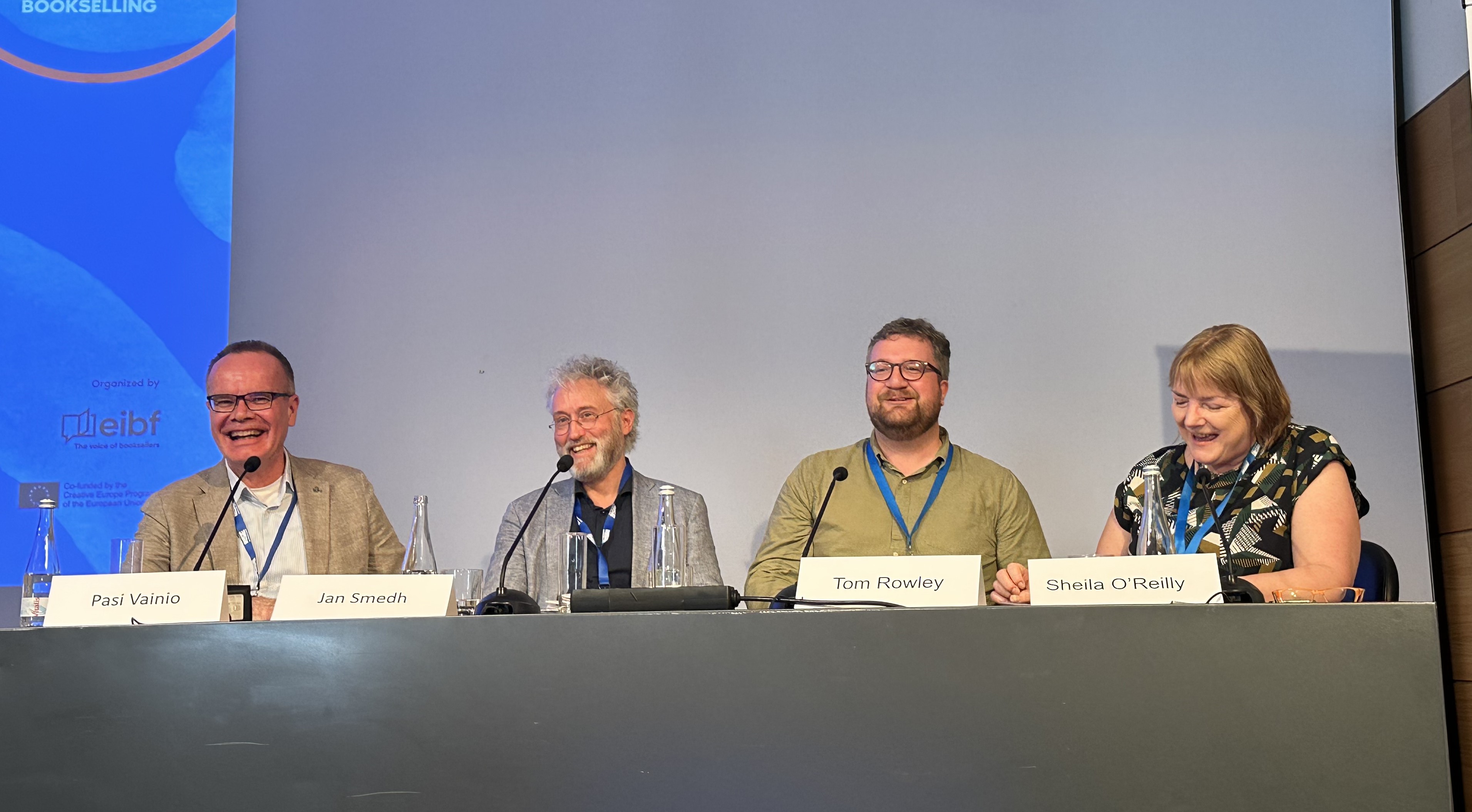 |
|
| Left to right: Pasi Vainio, Jan Smedh, Tom Rowley, and moderator Sheila O'Reilly of the Booksellers Association of the U.K. and Ireland. | |
Through social media and "lots of events," including a very popular three-day festival of literature in the summer, the store attracted 50,000 visitors last year and "35,000 paying customers." In Finland, Vainio concluded, people have said "the physical book is in a big crisis. I say if that's the case, I'm living in a dream world."
Jan Smedh of Sweden's English Bookshop, with locations in Uppsala, Stockholm, and Gothenburg, noted that his stores are not "expat shops." Fully 95% of customers are "Swedes who read for pleasure in English."
Smedh outlined some of the programs and events that the store puts on to attract customers:
- Swish-a-Book from Santa is a Christmas gift program (Swish is a Swedish payment system similar to Venmo), under which customers arrange to have gift-wrapped books sent in December.
- A monthly book club that features one title in each of 11 categories and includes reading groups for seven of them at all three English Bookshops. It also has a subscription component available for 3, 6 or 12 months, in which customers receive "surprise packages."
- A new 2024 reading challenge introduced in the Gothenburg shop that lists 52 books to read during the year and includes a Facebook discussion group.
- An informal program whereby the shops bring over English-language authors from abroad who stay with Smedh, do events, and are the focus of a staff dinner at Smedh's home. Besides leading to good connections with authors and publishers abroad, the events are extremely important for staff, who feel "privileged and connected," Smedh said.
Tom Rowley, who founded Backstory in London in 2002, said he based his bookshop and bar in large part on Kramers (formerly known as Kramerbooks & Afterwords) in Washington, D.C., which he visited frequently while working in the capital as a journalist. "I wanted a bar that was integrated, not a bookstore and a cafe," he said, so that the "bookseller becomes a publican," in the tradition of a British pub.
Rowley aims to attract as many people as possible who don't usually read books and promotes the idea of "the bookshop as a place for everyone." Toward that end, he hosts many non-book events, particularly a weekly music concert.
From the beginning Rowley also embraced the Internet. "I figured that the Internet is not our enemy but can be our friend," he said. One example: the store's fiction and nonfiction book clubs take place entirely on Zoom, which has many advantages, including reaching customers worldwide and getting "bigger-name authors than we might otherwise."
He also said that he relishes being able to innovate in small ways every day. "If something doesn't work," he said. "We do something else."
Rowley writes a weekly newsletter and asked the audience to contribute to this coming week's version by sending him a note about what their stores' current bestselling title is and why. --Alex Mutter & John Mutter









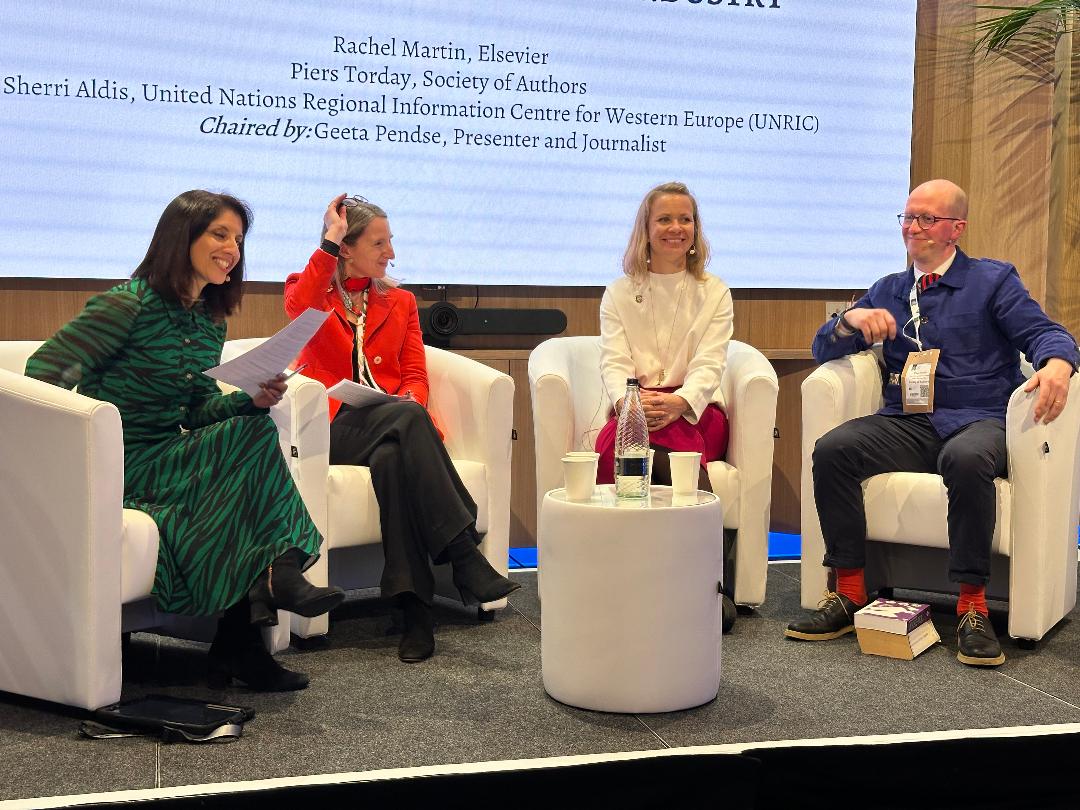

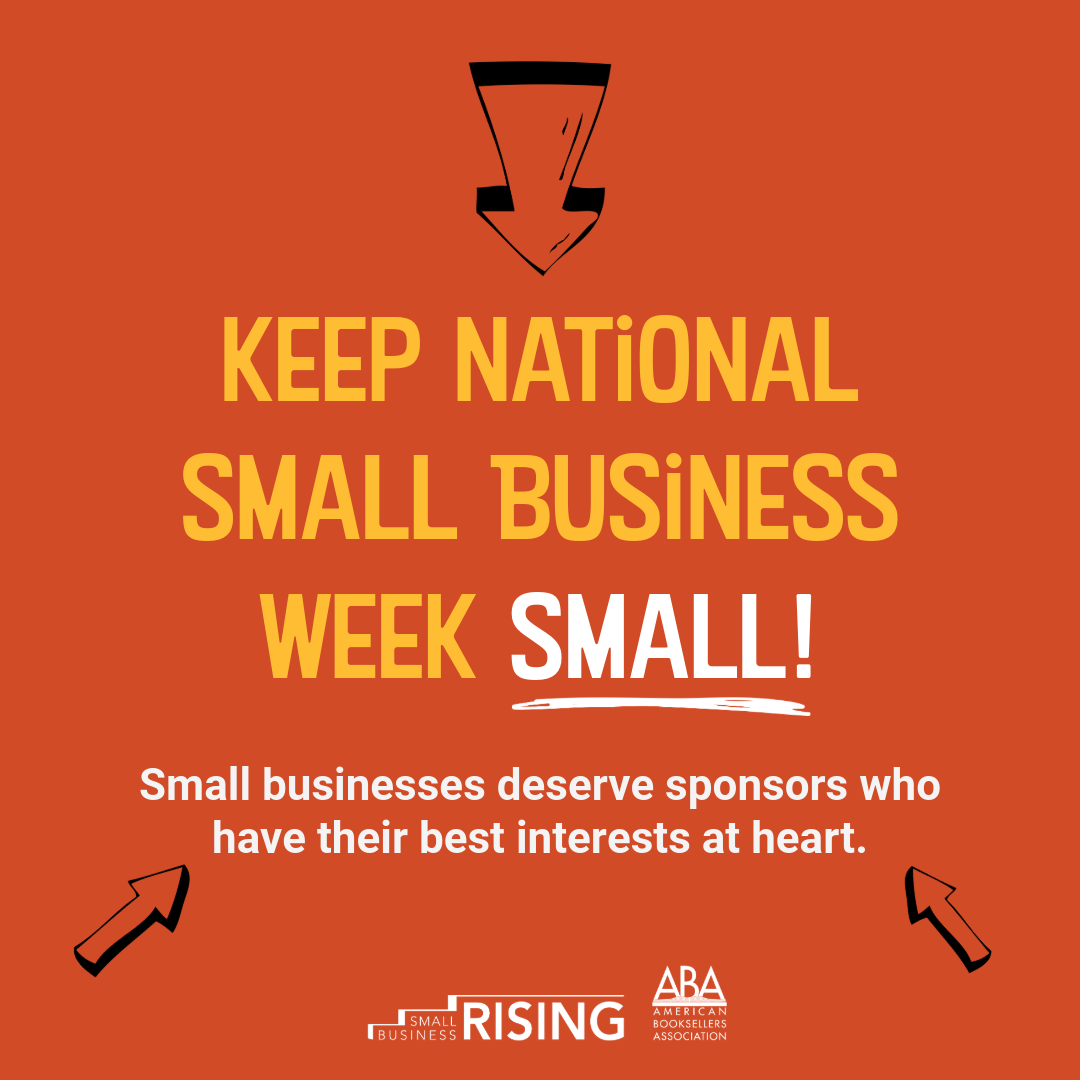 The American Booksellers Association and other independent businesses and associations have declared Wednesday, March 20, "SBA: Dump Amazon" Day, to protest Amazon's continued co-sponsorship of National Small Business Week, which takes place April 28-May 4. The ABA and Small Business Rising have complained to the federal Small Business Administration, organizer of National Small Business Week, about Amazon's participation but say their protests have gone "unheeded."
The American Booksellers Association and other independent businesses and associations have declared Wednesday, March 20, "SBA: Dump Amazon" Day, to protest Amazon's continued co-sponsorship of National Small Business Week, which takes place April 28-May 4. The ABA and Small Business Rising have complained to the federal Small Business Administration, organizer of National Small Business Week, about Amazon's participation but say their protests have gone "unheeded."
.jpg) On International Women's Day,
On International Women's Day, 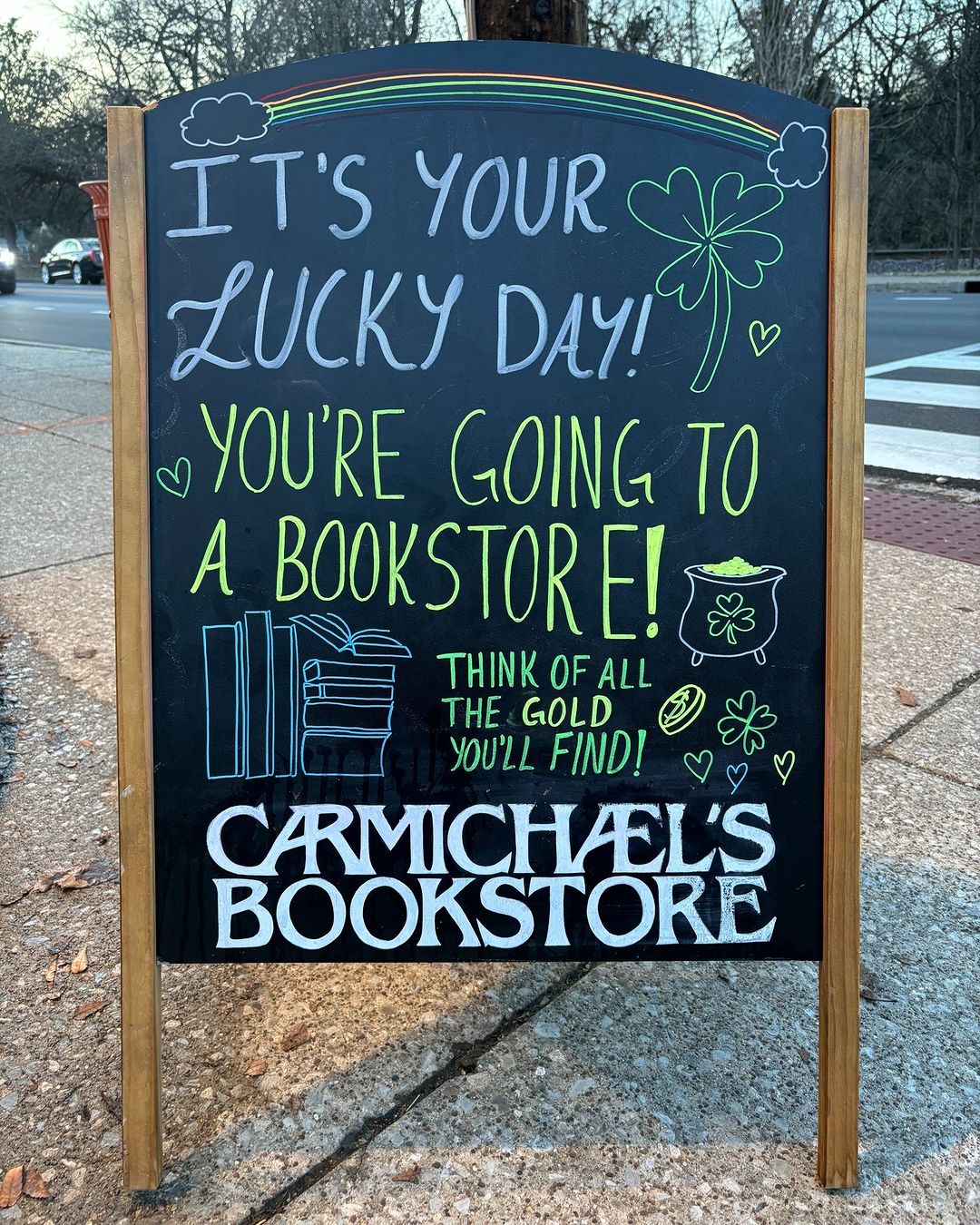
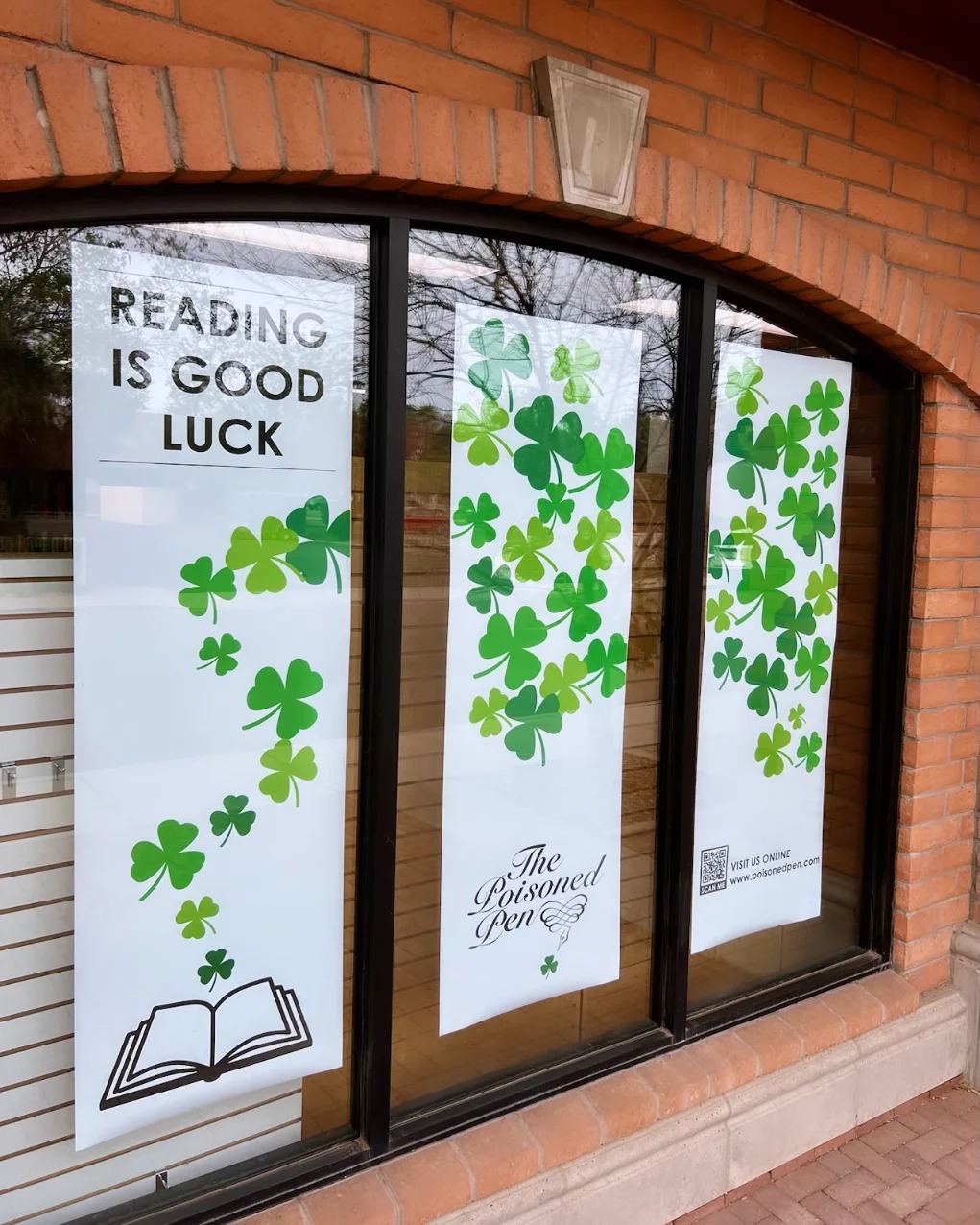
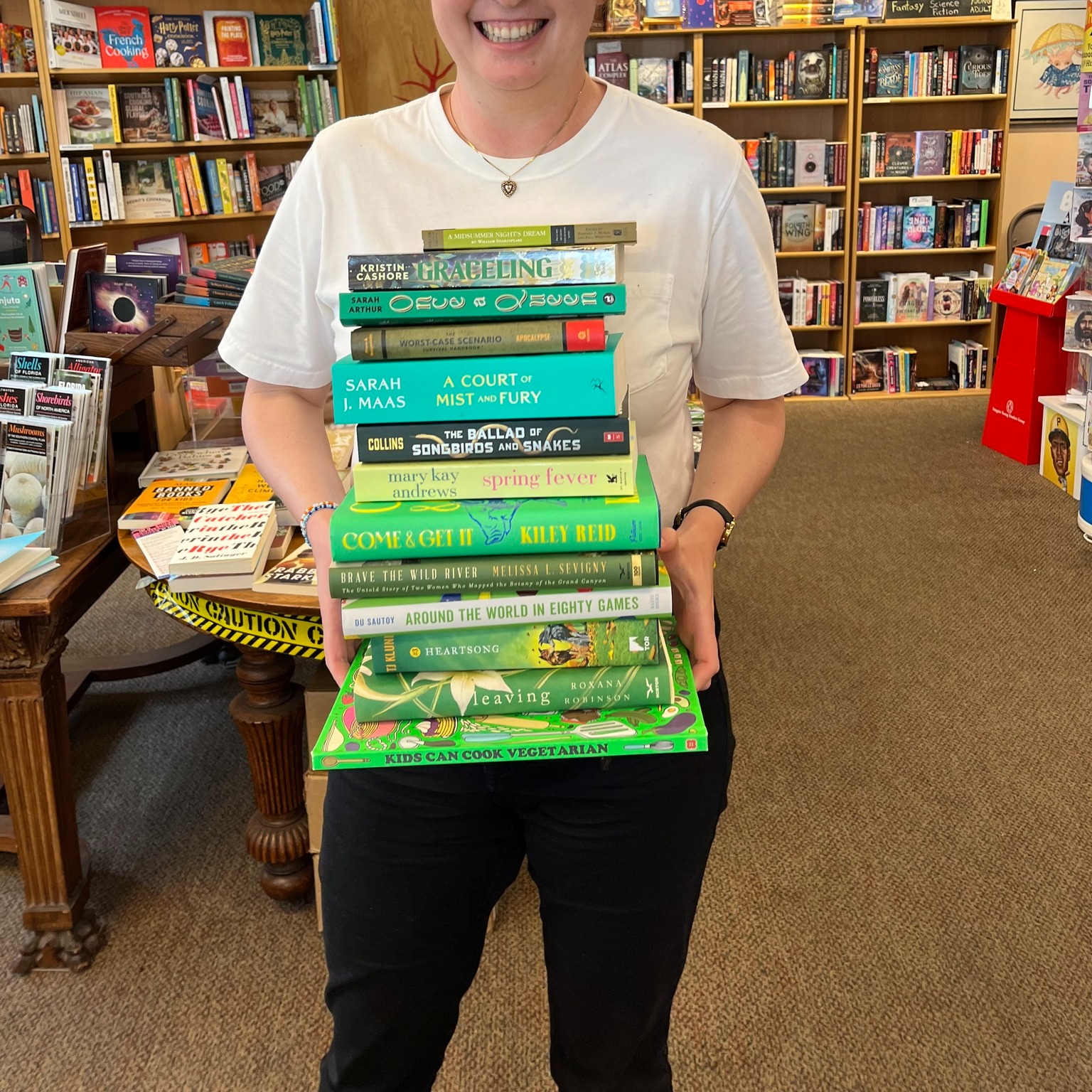
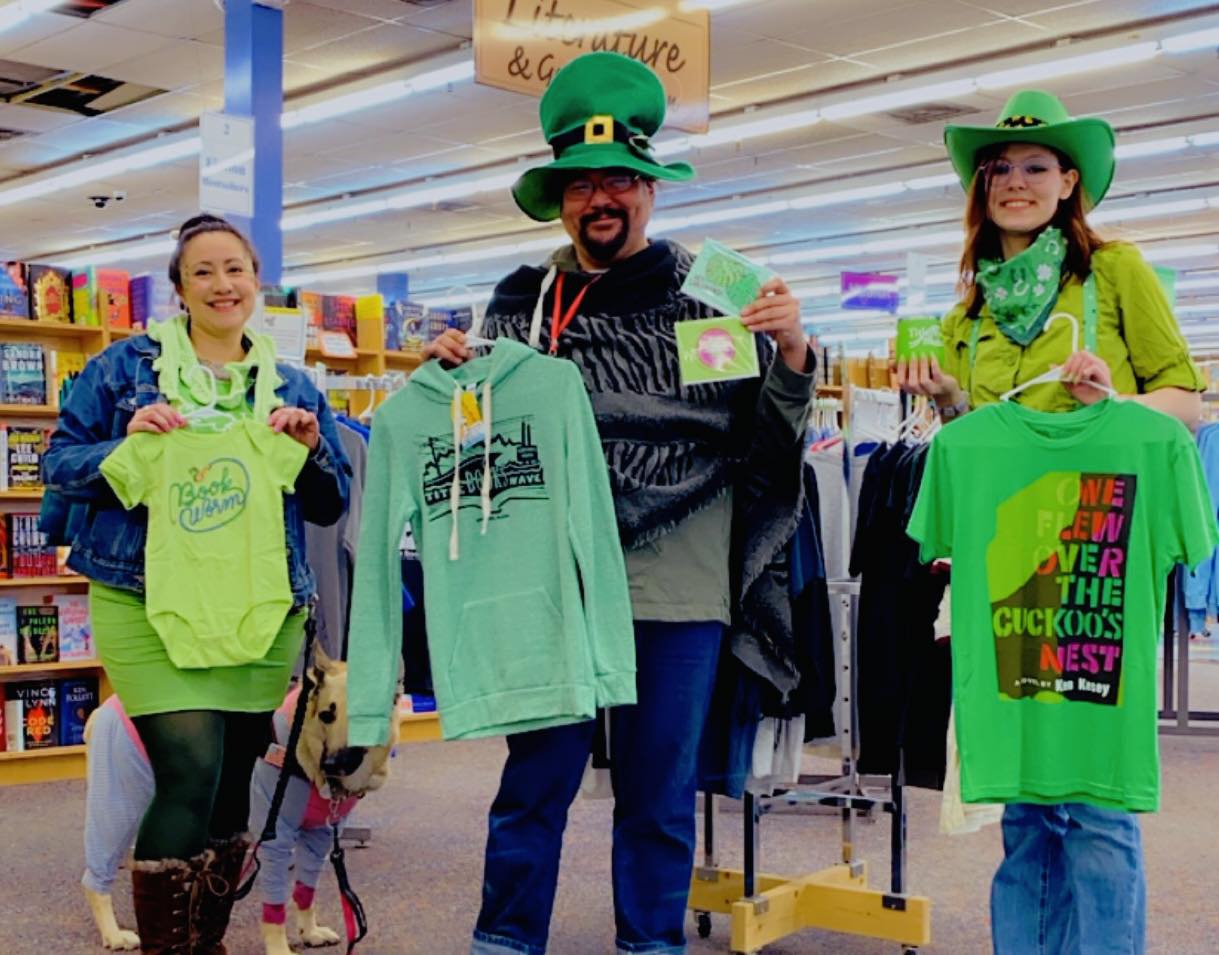
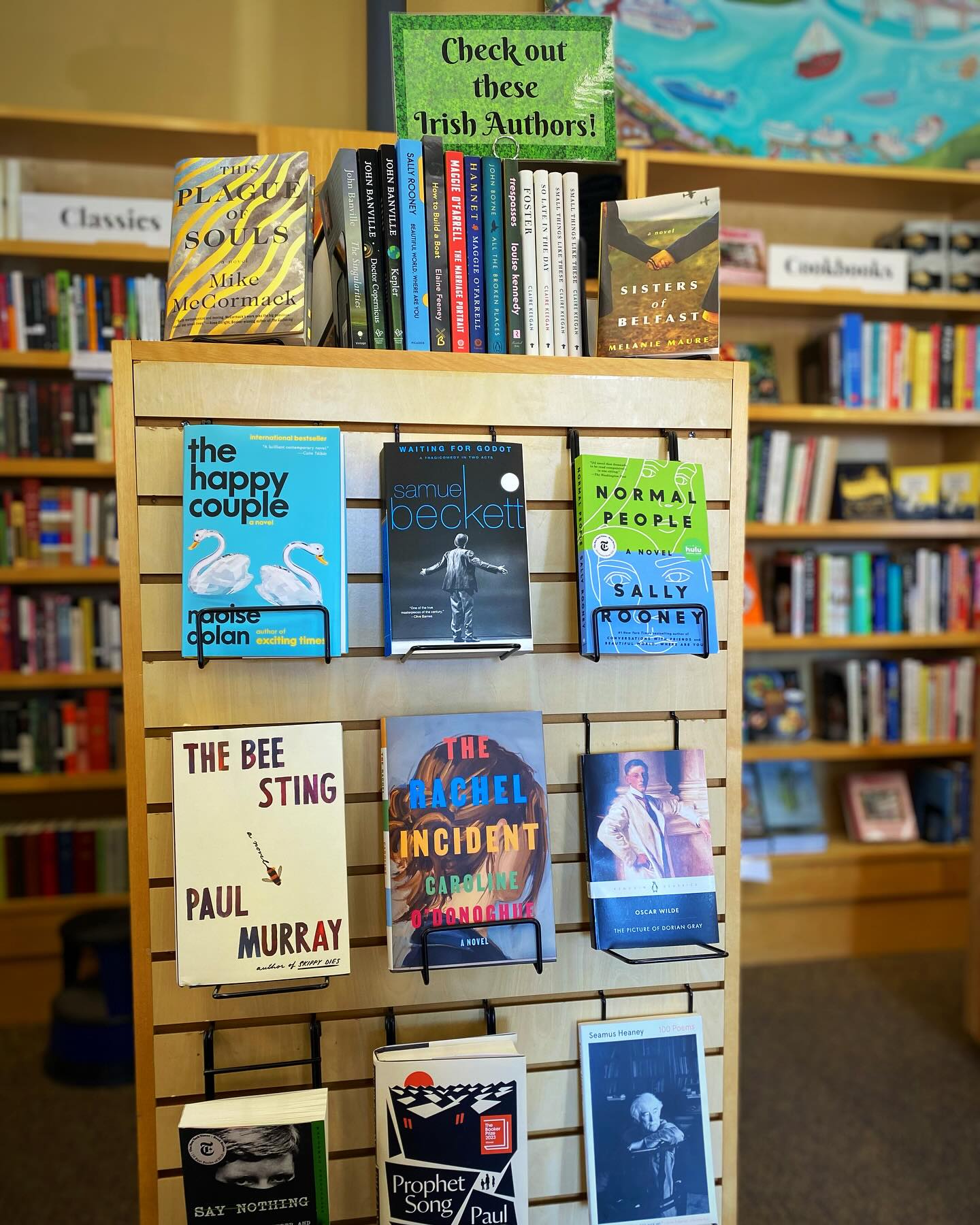
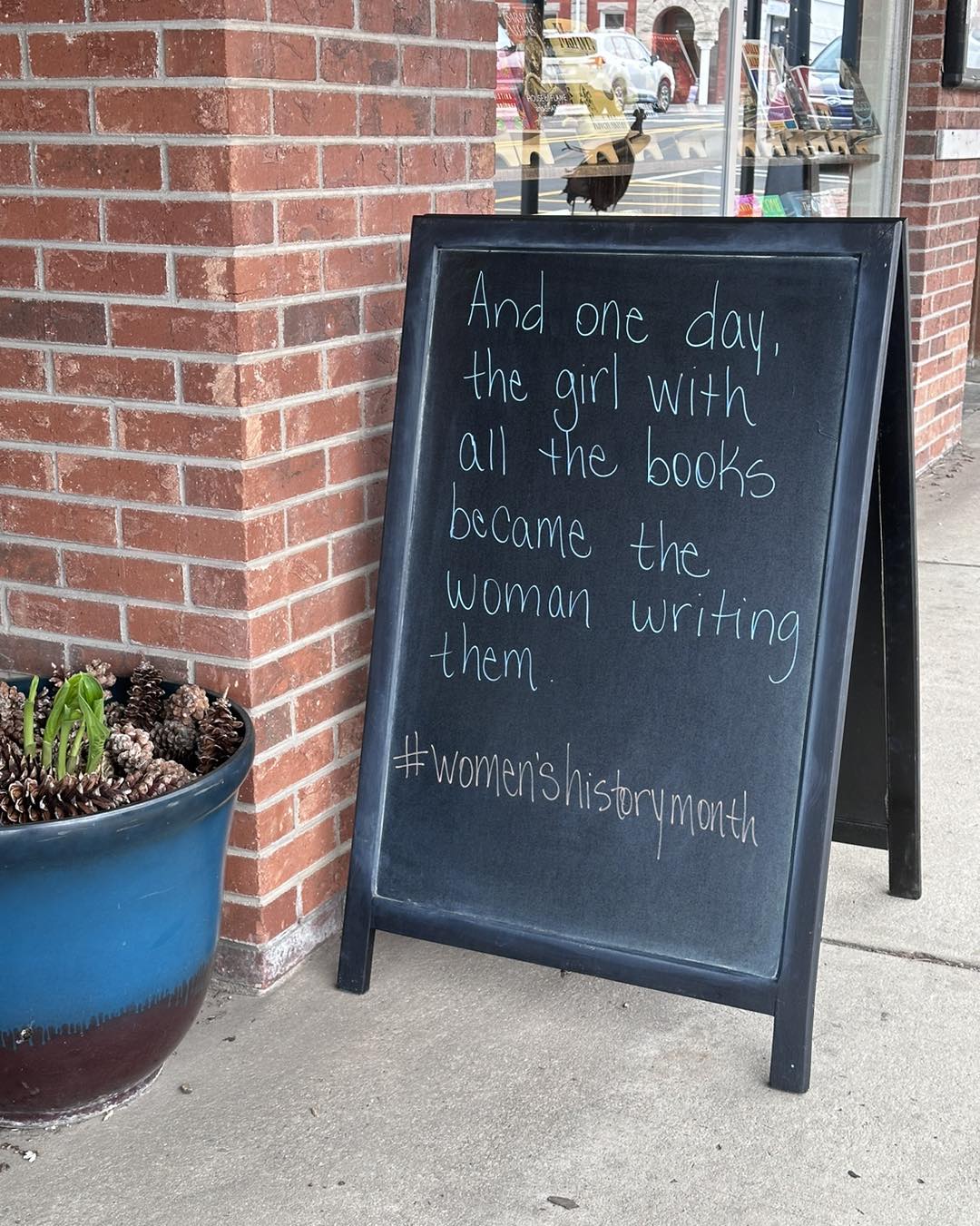
 Supercommunicators: How to Unlock the Secret Language of Connection
Supercommunicators: How to Unlock the Secret Language of Connection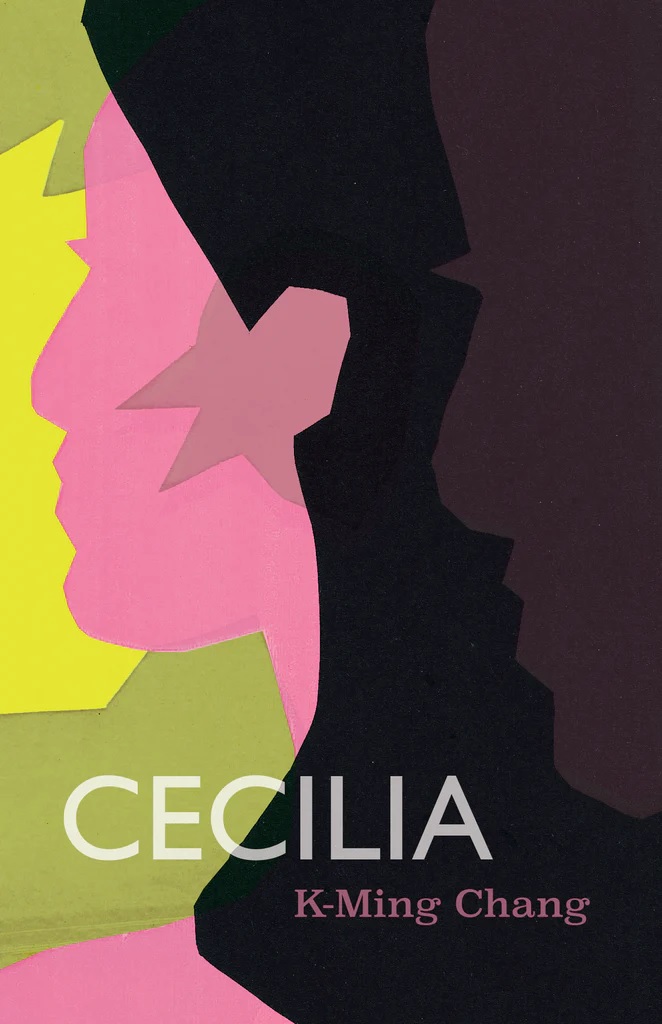 Cecilia, by the critically acclaimed novelist and short story writer K-Ming Chang (Bestiary; Gods of Want;
Cecilia, by the critically acclaimed novelist and short story writer K-Ming Chang (Bestiary; Gods of Want; 